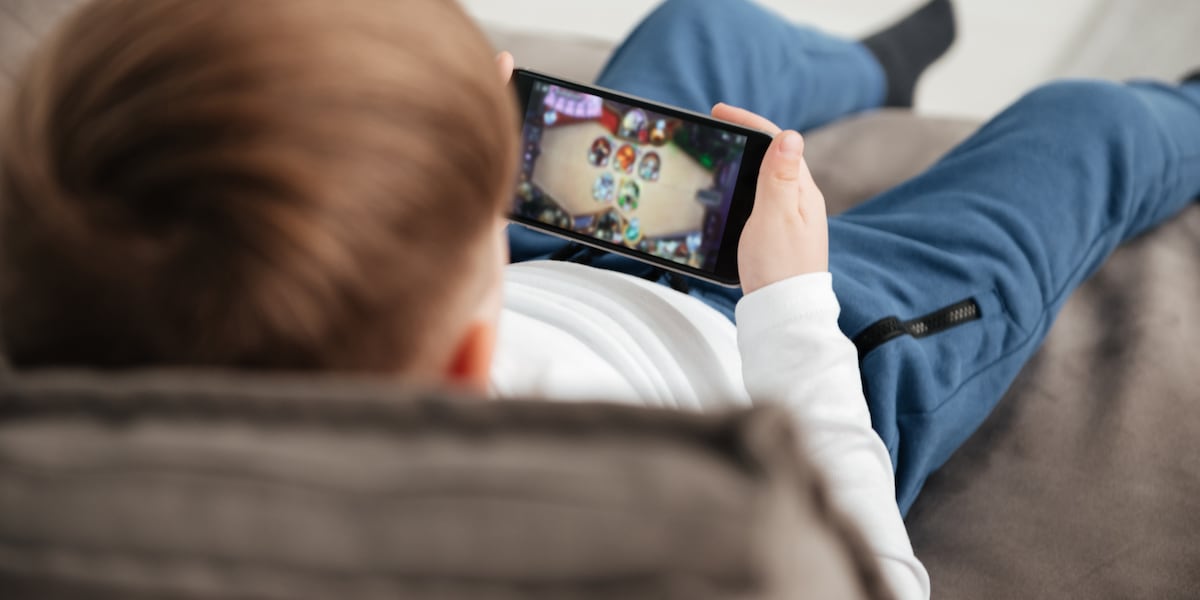Beyond the Hype: Why Technology Needs a Human Touch to Transform Philippine Healthcare

The Philippine healthcare system, like many globally, faces persistent challenges – rising costs, unequal access, and a need for improved efficiency. For over a decade, technology has been presented as the silver bullet, the ultimate solution to these complex problems. However, simply throwing technology at the issue isn't enough. As Vivek Jetley, President and Head of Insurance, Healthcare and Life Sciences at EXL, a leading global data and AI company, points out, a truly transformative change requires a deeper understanding of the human element within healthcare.
The Promise of Technology: A Double-Edged Sword
Undoubtedly, technology offers incredible potential. Telemedicine can extend healthcare access to remote areas, electronic health records (EHRs) can streamline information management, and AI-powered diagnostics can improve accuracy and speed. Data analytics can identify trends, predict outbreaks, and optimize resource allocation. We've seen examples of this already in the Philippines, with advancements in mobile health apps and online consultations. However, a purely technological focus risks overlooking crucial aspects of patient care and the unique realities of the Philippine context.
The Human Factor: The Missing Piece
Healthcare is, fundamentally, a human endeavor. It's about empathy, trust, and building relationships between patients and providers. Technology should *augment* these human interactions, not replace them. Consider the challenges: digital literacy among the elderly, the cost of internet access for many Filipinos, and the cultural preference for face-to-face consultations. A reliance on purely digital solutions can exacerbate existing inequalities and leave vulnerable populations behind.
Beyond Automation: Focusing on People and Processes
The true power of technology in healthcare lies in its ability to empower healthcare professionals and improve their workflows. Instead of automating tasks to eliminate human involvement, focus on leveraging technology to free up doctors and nurses to spend more time with patients, providing personalized care and addressing their individual needs. This means investing in training and support for healthcare workers to effectively utilize new technologies.
A Holistic Approach for the Philippines
For the Philippines, a holistic approach is essential. This involves:
- Investing in Infrastructure: Improving internet access, especially in rural areas, is paramount.
- Prioritizing Digital Literacy: Programs to educate both patients and healthcare providers on how to use digital tools effectively.
- Data Security and Privacy: Robust measures to protect patient data and maintain trust.
- Integrating Technology with Existing Systems: Seamlessly connecting new technologies with current healthcare infrastructure.
- Focusing on User-Centric Design: Developing technology solutions that are intuitive, accessible, and tailored to the specific needs of Filipino patients and healthcare providers.
The Future of Philippine Healthcare: A Symbiotic Relationship
The future of Philippine healthcare isn't about technology *versus* human interaction. It's about creating a symbiotic relationship where technology empowers healthcare professionals, improves patient outcomes, and addresses the unique challenges of the Philippine healthcare landscape. It requires a shift in mindset – from viewing technology as a replacement for human care to recognizing its potential as a powerful tool to enhance it. Only then can we truly unlock the transformative power of technology and build a healthier future for all Filipinos.





